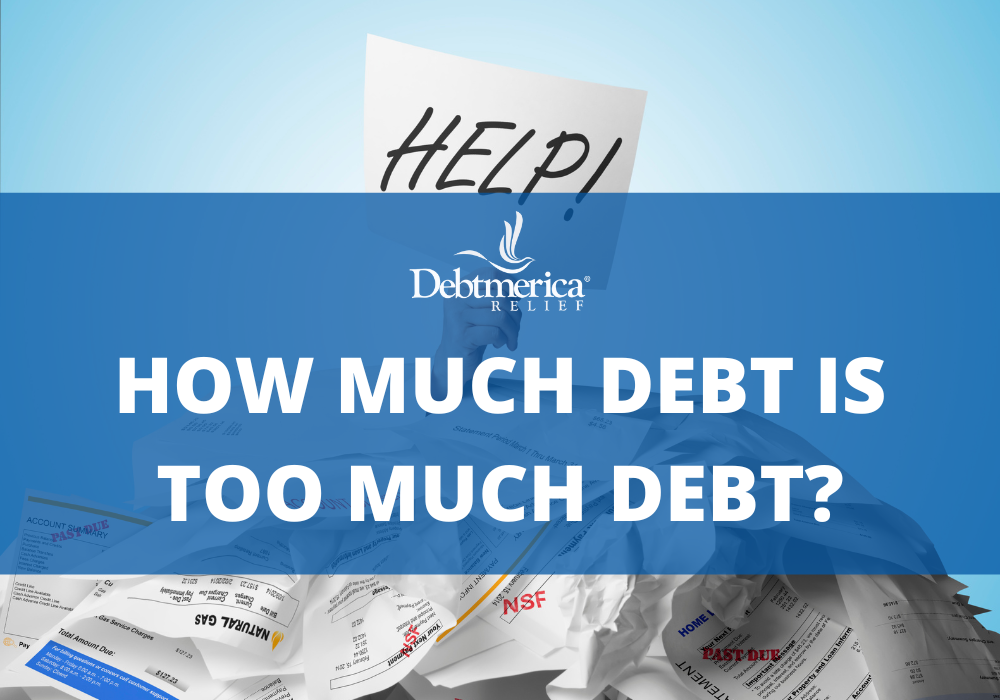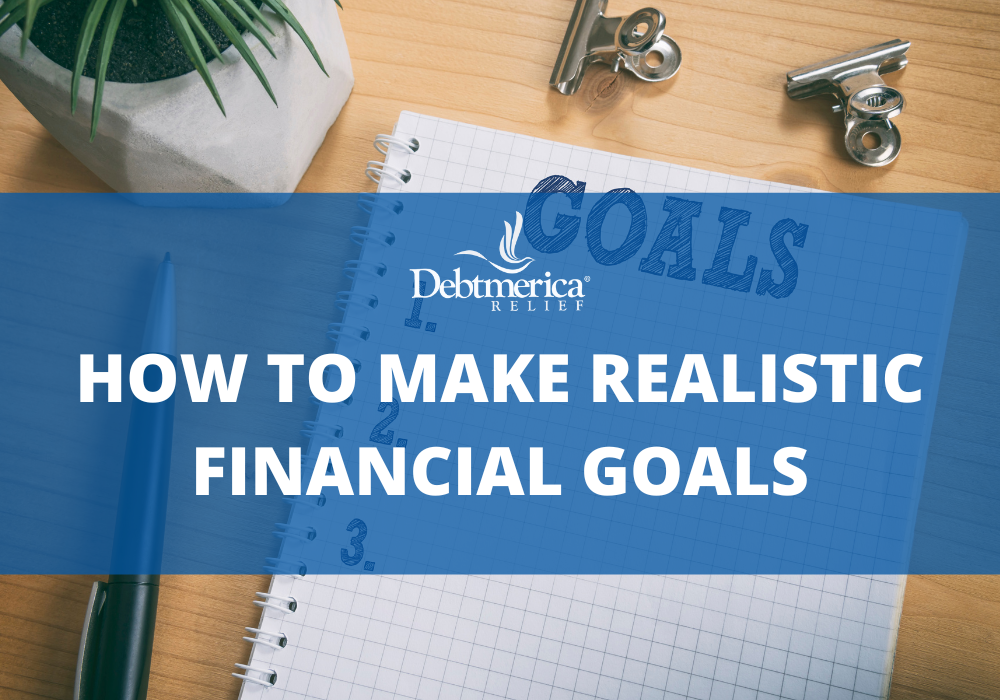Should I Use My Home Equity to Pay Off Debt?

In today’s financial environment, homeowners looking to get out of debt typically turn to their most valuable asset: their home. Individuals can use home equity to pay off outstanding debts by tapping into the accumulated value of their property. However, before going on this financial adventure, it is critical to weigh the pros and cons. In this blog post, we’ll look at the advantages and disadvantages of using home equity to pay off debt, so you can make an informed decision about your financial future.
What is home equity?
Before making the decision of using home equity to pay off debt, we need to first fully understand what home equity is and how you can access it. In short, home equity is the part of your property that you genuinely own, free and clear of all debts. For example, if your property is currently valued at $500,000 and you have paid off $200,000 of the mortgage, your home equity is $300,000 ($500,000 – $200,000).
It is critical to understand that home equity is not liquid cash. To gain access to your home equity, you must often apply for a loan or set up a line of credit secured by your property. A home equity loan is like most traditional loans in the sense that you borrow a set amount of money one time and then make payments during a fixed period of time. A home equity line of credit (HELOC), on the other hand, allows you to access a revolving line of credit, similar to a credit card. With a HELOC, you only pay interest on the amount you borrow, and minimum monthly payments are required. Your first step in using home equity to pay off debt is to first decide which borrowing option is best for your specific financial situation.
What are the pros of using home equity to pay off debt?
Now that we have a better understanding of how home equity works and what options are available, we can discuss the pros of using it to pay off debt.
- Lower interest rates: The potential for lower interest rates is a big benefit of using home equity to pay off debt. Home equity loans or lines of credit often have lower interest rates than credit cards, personal loans, or other high-interest obligations. This can mean huge long-term savings, helping you to pay off your obligations more quickly.
- Consolidated (and possibly lower) payments: Consolidating debts with varying interest rates and payment schedules into a single home equity loan or line of credit can simplify your finances. Because you’ll just have one monthly payment to consider, consolidating your debts makes it easy to track your progress. Furthermore, debt consolidation may boost your credit score by lowering your overall credit utilization rate. That said, it can also lower your monthly payment.
What are the cons of using home equity to pay off debt?
While a home equity loan for debt consolidation may work for some people, it is not always the best option. Some of the cons of using home equity for debt repayment are:
- Risk of losing home: The potential loss of your house is one of the most serious risks related to using home equity to pay off debt. You subject yourself to the possibility of foreclosure if you fail to make timely payments by offering your property as collateral. This danger is especially relevant if you are unable to adequately handle your new loan or line of credit. As a result, it is critical to exercise caution and have a solid repayment plan in place.
- Increased debt: Using home equity to pay off debt may result in additional debt accumulation. After you’ve paid off your previous debts, it may be tempting to use your home equity for other purposes, such as home improvements or other expenses. This type of behavior might lead to a debt cycle, compromising your financial stability in the long run.
- Added fees: It is critical to examine the associated fees when using home equity to pay off debt. A home equity loan or line of credit may incur closing costs, appraisal fees, and other expenses. These upfront costs can reduce the potential benefits of lower interest rates, particularly if the debts being consolidated already have low interest rates. You should analyze these expenses carefully to ensure they are in line with your financial goals before making any decisions.
Should I use home equity to pay off debt?
For homeowners seeking financial relief, using home equity to pay off debt can be a strong resource. Lower interest rates and consolidation payments can all greatly help your financial situation. However, these advantages must be balanced against the risks of losing your property, accruing further debt, and incurring upfront costs and fees. When making such a large financial commitment, careful consideration and detailed financial preparation are essential. Remember that speaking with a financial expert can provide crucial advice suited to your individual situation. If you need help with debt, give Debtmerica a call at 800-470-8155 for a free consultation.



